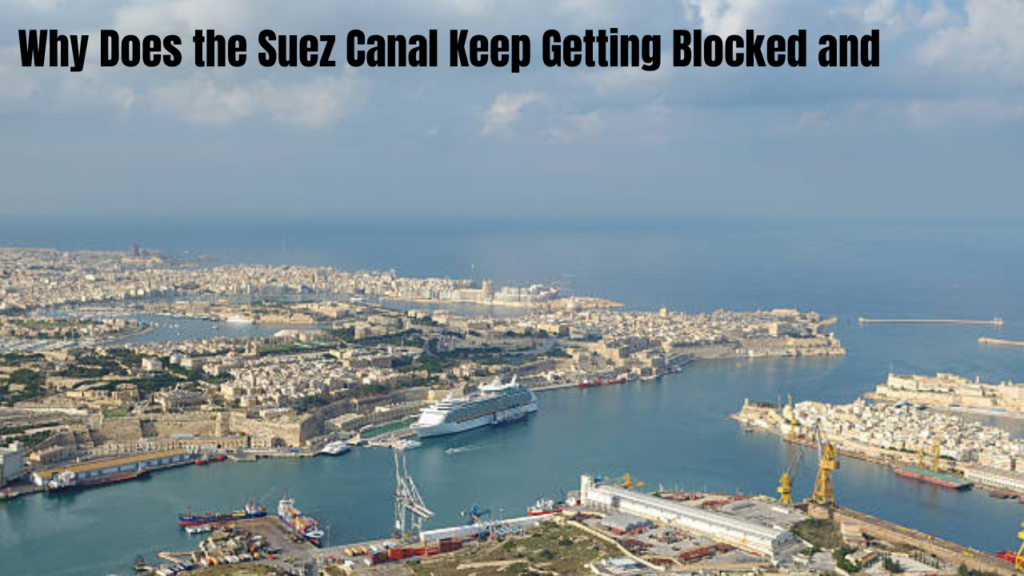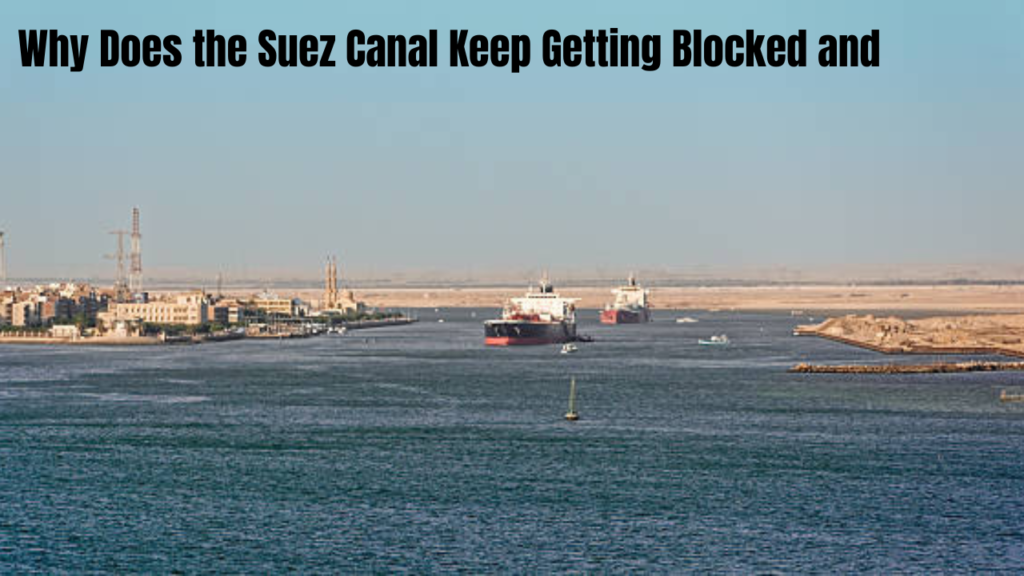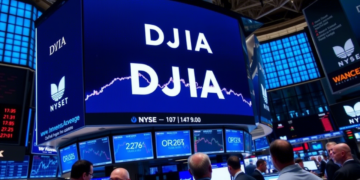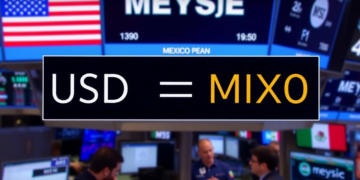The Suez Canal is one of the most critical arteries for global trade, connecting the Mediterranean Sea to the Red Sea. Despite its importance, this 120-mile-long waterway has seen multiple high-profile blockages that ripple across the world economy. But why does the Suez Canal keep getting blocked, and what can be done to prevent these incidents? Let’s dive into the causes, consequences, and potential solutions.
Why Does the Suez Canal Keep Getting Blocked?
- Human Error
Many blockages are caused by human mistakes. Misjudgments in steering, speed, or navigation can lead to ships becoming stuck or colliding. With massive vessels like the Ever Given, even a small error can have colossal consequences.
- Adverse Weather Conditions
The Suez Canal’s geography makes it vulnerable to challenging weather. Strong winds, sandstorms, and poor visibility are common culprits that can push ships off course or make maneuvering nearly impossible.
- Technical Failures
Modern ships rely on advanced machinery, but no technology is immune to failure. Engine breakdowns, rudder malfunctions, or electrical issues can render a vessel immobile, turning it into an obstacle for others.
- Narrow and Shallow Design
Despite being expanded and modernized, the canal remains a narrow waterway with limited space for large ships to pass. Its shallow depth in certain areas poses additional risks for fully loaded, ultra-large vessels, increasing the likelihood of groundings.
What Happens When the Suez Canal is Blocked?
- Global Supply Chain Disruptions
The canal handles nearly 12% of global trade. When it’s blocked, hundreds of ships are delayed, causing shortages of goods, skyrocketing shipping costs, and supply chain chaos. This ripple effect impacts industries ranging from electronics to food.
- Increased Costs for Shipping and Insurance
Blockages raise costs for shipowners and importers. Detours around Africa add weeks to voyages, increasing fuel consumption. Meanwhile, insurance premiums for using the canal also rise due to the heightened risks.
- Geopolitical Tensions
The Suez Canal is not just an economic lifeline but a geopolitical one. Any disruption can strain international relations, especially for countries dependent on the canal for energy imports.

What Can Be Done to Prevent Blockages?
- Advanced Navigation Systems
Cutting-edge navigation tools and real-time monitoring can help ships avoid mishaps. Technologies like GPS tracking, automatic collision avoidance systems, and augmented reality for pilots are being explored to minimize human error.
- Expanding and Modernizing the Canal
Continuous dredging and widening projects are improving the canal’s capacity. By allowing more space for ships to maneuver and creating additional passing points, authorities can reduce the risk of accidents.
- Enforcing Stricter Safety Standards
Mandatory training programs for ship crews, stricter inspections, and the use of tugboats for larger vessels can enhance safety. Clear regulations tailored for ultra-large ships are critical.
- Emergency Response Preparedness
Quick and efficient response plans are essential to minimize downtime. Rapid deployment of dredgers, tugboats, and salvage teams can help clear blockages faster. The Ever Given incident revealed the need for more robust contingency measures.
Can Eco-Friendly Measures Help?
Sustainability and resilience go hand-in-hand. By adopting greener practices, such as fuel-efficient shipping routes and minimizing unnecessary canal transits, global trade can reduce its environmental footprint and congestion. Furthermore, technological innovations like autonomous, energy-efficient vessels promise a safer and more eco-friendly future for maritime transport.
Also Read: Maine Cabin Masters Death: Tragedies That Touched Hearts
The Road Ahead
The Suez Canal’s strategic importance cannot be overstated. While challenges persist, proactive measures and technological advancements are paving the way for safer and smoother operations. By addressing the root causes of blockages and investing in long-term solutions, global trade can flow uninterrupted through this vital waterway.
In the end, the Suez Canal’s future depends on a combination of innovation, international cooperation, and commitment to sustainable progress.






































